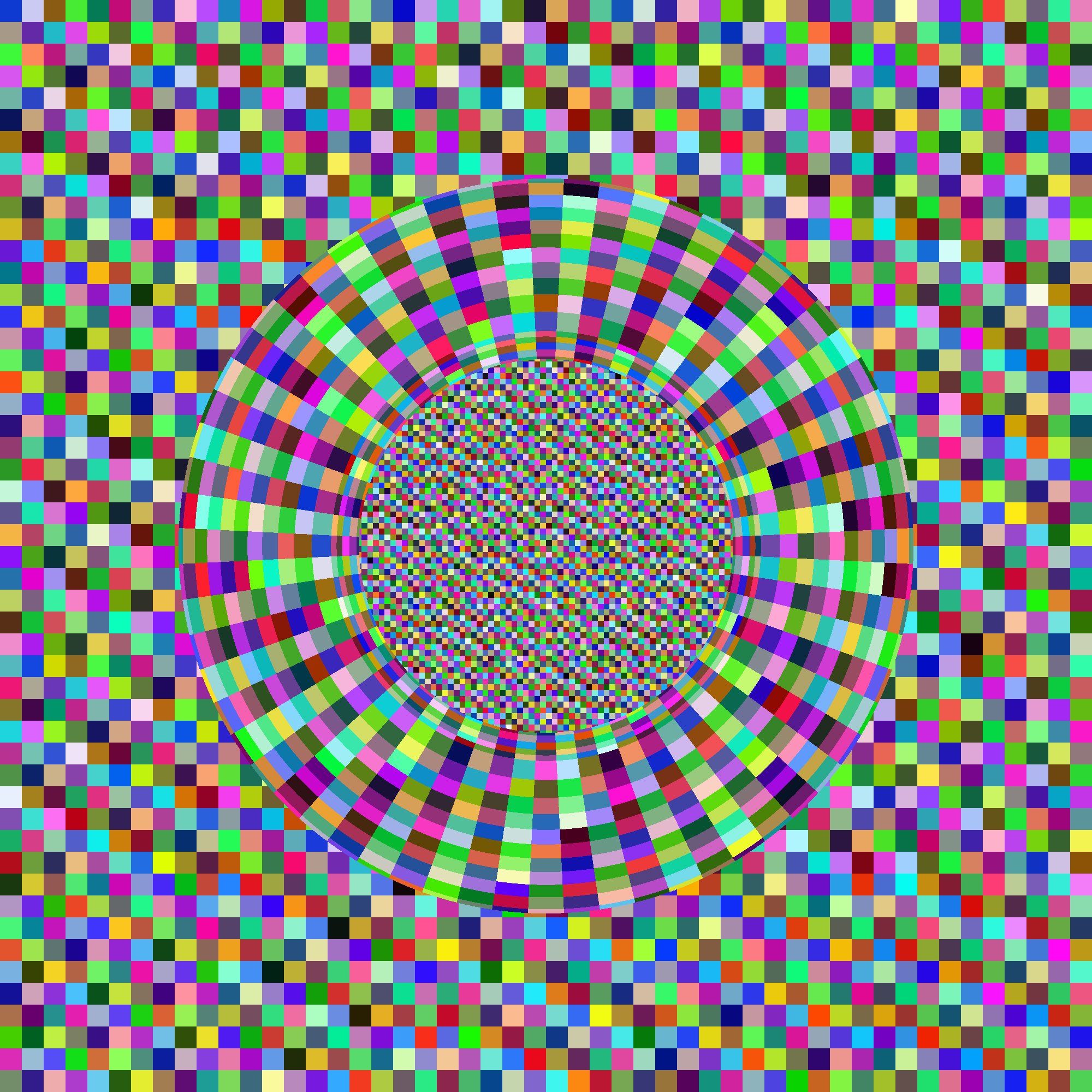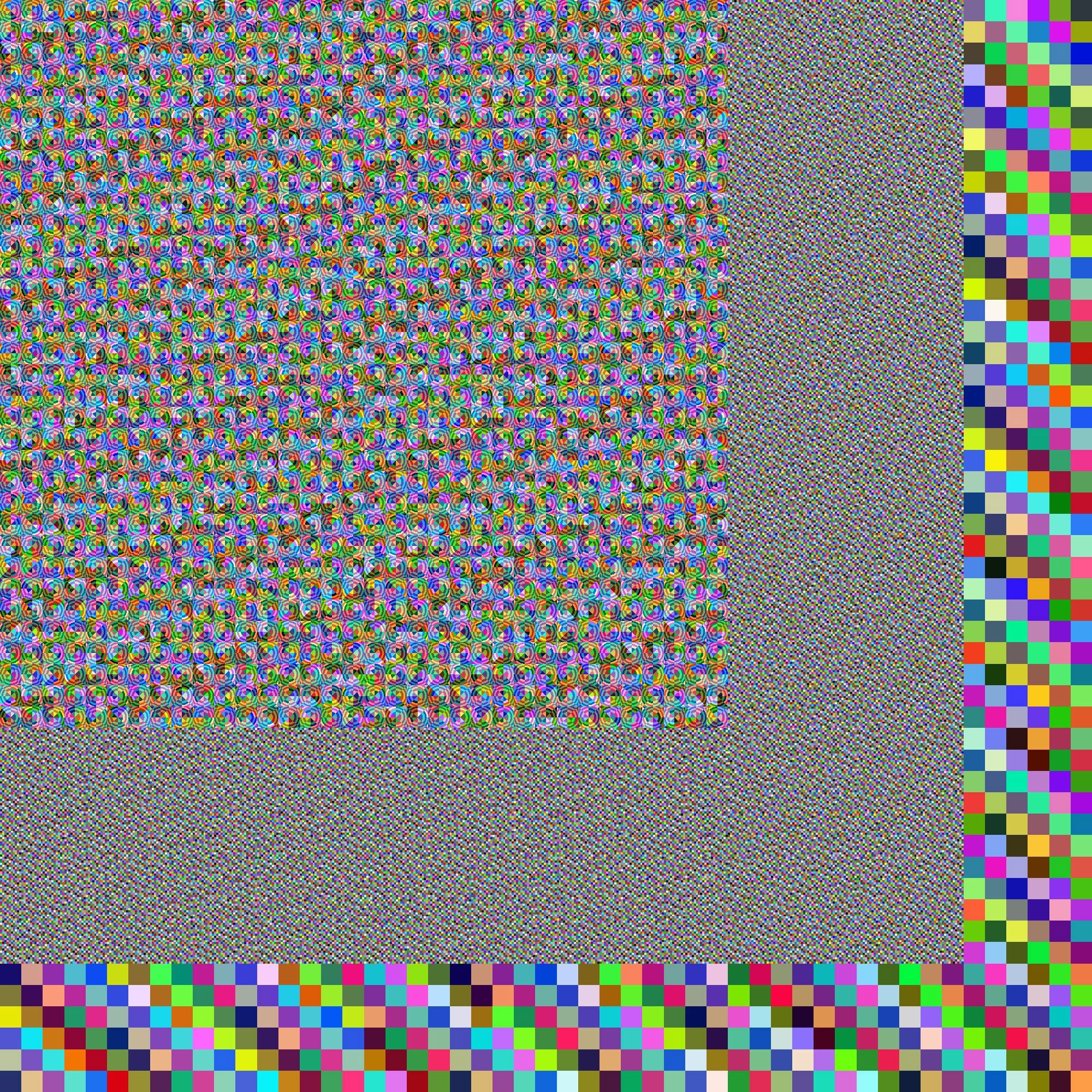Current nuclear research
The research programmes at the Cambridge Nuclear Energy Centre are very varied and often involve collaboration between CNEC academics and other leading academics in Cambridge from Materials Science, Engineering, Physics, Earth Sciences and Finance/Economics. The overarching theme is that nuclear is not special and must not be siloed and can only achieve rapid progress in deployment by taking a lead in innovative science and engineering with these partners.
At one end of the spectrum of activities, a recent collaboration between CNEC and the Laing O’Rourke Centre in Cambridge has quantitatively assessed the effect of small and modular reactors and the advantages of ‘learning by doing’ (FOAK vs NOAK) on reducing costs by examining degrees of modularisation and supply chain configurations.
At the other end of the spectrum, transferable descriptions of actinide electronic structure have enabled the application of ab initio materials structure searching to be applied with density functional theory within the New Materials for Nuclear initiative. In reactor engineering, modern methods of mathematical optimisation are combined with state-of-the-art neutronic and thermal-hydraulic codes to optimise the design of products and processes such as heterogeneous fuel assemblies, highly optimised radio-isotope production (medical and ²³⁸Pu) and new fuel cycles such as thorium MOx.
In Earth Sciences, methods used in isotope geochemistry have been combined with more traditional leaching studies to verify that the mechanisms of radioactive waste glass dissolution are the same in accelerated leach tests at 90˚C as at the likely disposal facility temperature of 40˚C, thus validating decades of leach testing data on UK glasses for inclusion in a GDF safety case (see Tom Goût papers on the Historic Research page).
The development of new reactors has been largely ignored in the UK until the last decade, the development of the open source SCONE Monte Carlo radiation code has allowed a ‘sandpit’ for the exploration of new ideas in reactor analysis methods. The concurrent improvement in the precision of the code (see MATHRAD consortium below) has brought it in line with the accuracy of industry standard codes where it can now be applied to real industry problems in criticality safety, shielding and reactor design, potentially reducing the time to market of new advanced modular systems down to integrated MW-scale micro reactor systems.
Nuclear research opportunities
Mathematical Theory of Radiation Transport: Nuclear Technology Frontiers (MATHRAD)
This is a five-year interdisciplinary programme grant which will use modern mathematical methods from probability theory, advanced Monte Carlo methods and inverse problems to develop novel approaches to the theory and application of radiation transport. It will pursue an interactive exploration of foundational, translational and application-driven research, developing predictive mathematical models with quantifiable accuracy and software prototypes, ready for real-world implementation in the energy, health care and space exploration nuclear industries.
The project is a collaboration between the University of Cambridge, University of Bath and the NHS. It will also interface with 26 industry and academic partners across the globe.
Up to three Postdoctoral positions are currently open for various work packages in this programme grant.
Closing date 7 December 2022
Safety of GFR through innovative materials, technologies and processes (SafeG)
Cambridge University team is partnering with 17 other organisations across Europe on the conceptual design of advanced Gas-cooled Fast Reactor (GFR). A particular version of GFR – ALLEGRO – has been under development in the EU for several years. GFRs offer multiple advantages as they can deliver high-temperature heat as well as operate on a sustainable fuel cycle with high fuel utilisation and recycling of waste. Balancing these advantages against achieving passive reactor safety goals is extremely challenging. This European Horizon 2020 project SafeG aims to address some of these challenges. Cambridge University is a partner in the SafeG project contributing to a number of tasks on the design optimisation of ALLEGRO GFR.
European Sodium Fast Reactor Safety Measures Assessment and Research Tools (ESFR-SMART)
This ESFR-SMART project has been recently awarded an extension by another four years through a successful application for the Horizon Europe research grant scheme. ESFR-SMART concept has many advanced design features. However, complexities of the design may lead to higher construction and operation costs. The newly proposed project (ESFR-SIMPLE) aims to simplify the ESFR design through reducing its size, which will reduce the complexities and costs. Furthermore, a smaller size will provide opportunities for greater extent of modularisation and factory manufacturing of components. The ESFR-SIMPLE project will also focus on the power plant load following and energy storage capabilities for more efficient integration into the future low-carbon electricity grids, with a large proportion of intermittent renewable power generators.
We are currently looking to recruit a postdoctoral research associate to work on this project.
Closing date 7 October 2022
Stochastic Calculator Of Neutron transport Equation (SCONE)
SCONE is a Monte Carlo radiation transport code developed by the Nuclear Energy research group in the Department of Engineering. It is open-source and designed for ease of modifiability. This is ensured by using modern Fortran and making heavy use of object-oriented programming. As such, it is intended as a research and teaching tool with an accuracy and performance comparable with production Monte Carlo codes. It has been successfully used across several masters dissertations and PhD theses.
Regarding capabilities, SCONE supports all reactor-relevant neutron physics and has been successfully benchmarked on a range of criticality problems - it can also be run in multi-group mode. At the time of writing, most common, reactor-relevant photon physics is supported, except for electron handling. It supports OpenMP parallelism and several algorithmic acceleration options.
You can contribute to CambridgeNuclear/SCONE by creating an account on GitHub.
Research Assistant/Associate in Reactor Physics Modelling and Uncertainty Quantification
We are looking for an adventurous and talented researcher to fill a postdoctoral position as part of the EPSRC eMEANSS (Enhanced Methodologies for Advanced Nuclear System Safety) grant. This three-year interdisciplinary programme of research will undertake a re-assessment of the impact of uncertainties within the nuclear industry. The researcher based in Cambridge will investigate the performance of state-of-the-art uncertainty quantification methods in the assessment of a severe nuclear reactor accident.
Closing date 23 November 2022







